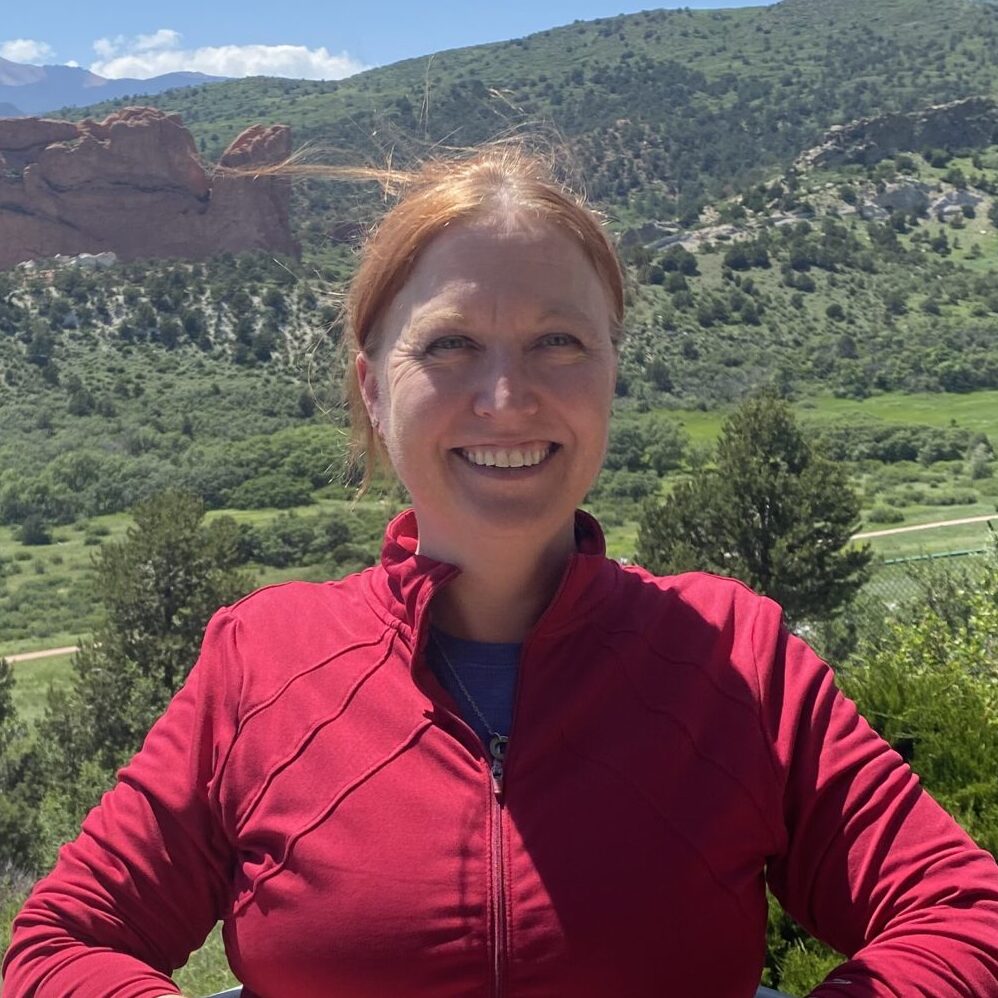 Elements of a Free and Appropriate Education
Elements of a Free and Appropriate Education
Free Appropriate Public Education (FAPE) is a legal term used in the United States that ensures that children with disabilities have access to an education that is tailored to their individual needs and is provided at no cost to their parents or guardians. FAPE is a critical component of the Individuals with Disabilities Education Act (IDEA), which is a federal law enacted to protect the educational rights of students with disabilities.
Under IDEA, all eligible children with disabilities between the ages of 3 and 21 years are entitled to receive special education and related services that are designed to meet their unique needs and help them make meaningful educational progress. These services are provided in the least restrictive environment, which means that to the maximum extent appropriate, children with disabilities are educated alongside their non-disabled peers.
Key Elements of FAPE
Individualized Education Program (IEP)
FAPE recognizes that each child possesses a unique set of strengths and challenges. To provide the most effective education, Individualized Education Programs (IEPs) are crafted for every eligible student. All IEPs guarantee all these elements of FAPE.
Least Restrictive Environment (LRE)
Students with disabilities should not be isolated from their non-disabled peers. FAPE ensures that education is delivered in the Least Restrictive Environment, allowing students to participate in general education classrooms to the maximum extent appropriate. This approach fosters an inclusive culture and promotes social growth for all learners. (Stay tuned for a blog post on this.)
FAPE aims to create an inclusive educational environment where students with disabilities can develop their skills and abilities alongside their non-disabled peers, promoting a sense of belonging and equal opportunities for all students. It recognizes that each child is unique and requires an individualized approach to learning to reach their full potential
Equal Access to Opportunities
FAPE removes the barriers that have historically hindered students with disabilities from accessing quality education. FAPE ensures access to specialized services and assistive technologies, so your child can fully participate in the learning process, explore their interests, and develop their talents alongside their grade-level peers. This includes having the same access to grade-level field trips, assemblies, and birthday parties to the best of your child’s ability. (Sometimes these things are too over-stimulating.) This is also where teacher-parent collaboration is important.
Collaboration and Parental Involvement
An essential point of FAPE is the collaborative effort involving parents or guardians, teachers, specialists, and school administrators. This teamwork ensures that all stakeholders work together to design your child’s IEP.
Zero Cost to Parents
FAPE requires that the services and support provided to students with disabilities must be provided at no cost to their parents or guardians. The government funds special education programs to ensure accessibility to all eligible students. This can include transportation to and from school if your child’s disability impacts their ability to access their education, assistive technology, wheelchairs, or walkers to name a few but this list depends on what your team determines your child needs to access their education.
Procedural Safeguards
IDEA also includes procedural safeguards to protect the rights of students and their parents or guardians, such as the right to participate in the IEP process, the right to dispute decisions through due process, and the right to access educational records.
FAPE aims to create an inclusive educational environment where a child with disabilities can develop their skills and abilities alongside their non-disabled grade-level peers, promoting a sense of belonging and equal opportunities for all students. It recognizes that each child is unique and requires an individualized approach to learning to reach their full potential.
If you have read my previous posts, you should be seeing some common threads within the world of special education. Everything is interconnected. Starting with the law that tells teams what they need to do to create a rock-solid IEP that drives FAPE and your rights as parents. I’ll be back to share more. If you have questions or what me to answer a specific question, please send me an email at Alison.Whiteley@toad-allyexceptionallearners.com
Note: It’s important to note that FAPE is specific to the United States educational system and may have different equivalents or variations in other countries’ special education laws and policies.

Alison Whiteley has been a special education teacher for over 15 years, spending most of her time working with elementary students and families. After graduating from the University of Colorado with a Bachelor of Arts in Special Education and Psychology, she continued her education with a Masters in Reading from Walden University. In addition, she has achieved endorsements supporting Early Childhood Special Education and Diverse Learners which she uses to help identify needs across all learners.
Ms. Whiteley is trained in Wilson Reading System and Yoshimoto Orton-Gillingham. She believes all students can learn to read and be successful. She has served as a Special Education Coach and Mentor to fellow specialists and teachers, facilitated the creation of her elementary school’s Response to Intervention/Multi-Tiered Systems of Support (RTI/MTSS) process and helped parents through the Special Education process as IEP Coach for parents. In 2013 she completed the National Boards of Professional Teaching in Exceptional Needs with recertification in 2022. Her areas of expertise involve working with students with learning disabilities, supporting stakeholders moving through the special education process, and helping parents and teachers understand what they can do to support struggling learners in the public school settings.
She is a founding member of the Colorado Reading League and a member of the International Dyslexia Association in Colorado. Alison has two greyhounds and two nephews who keep her busy outside of school. She is the CEO of Toad-ally Exceptional Learners at http://www.toad-allyexceptionallearners.com. Alison is a valuable source of information to support teachers and parents, although she is not a lawyer and does not give legal advice. Her services support families through the IEP process and how they can be an equal member of the team through positive interactions. She focuses on collaboration and using tools to take IEPs to the new level of helping students achieve.

